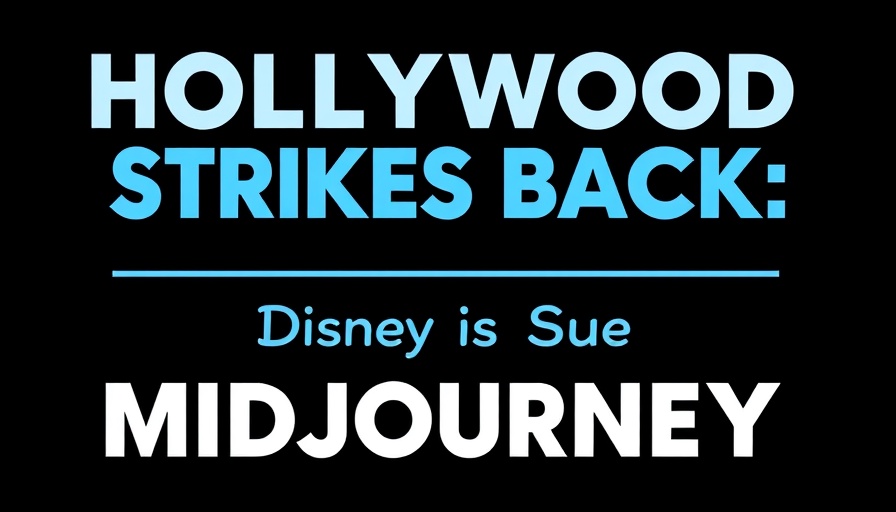
Understanding the Future of AI Agents in the Workplace
The rapid advancement of artificial intelligence (AI) is shaping numerous aspects of our lives, but what does the future look like for AI agents in the workplace? In a recent episode of The AI Show, hosts Paul Roetzer and Cathy McPhillips addressed critical questions surrounding the integration of AI into business processes, drawing insights from participants in their introductory AI class. Over 32,000 professionals have engaged with their courses, raising numerous queries that reflect the urgency of understanding AI’s impact on work.
Key Philosophical Perspectives on AI
A recurring theme in the podcast was the philosophical approach to AI adoption. Roetzer articulated a “human-first” approach, emphasizing the importance of retaining uniquely human qualities as AI technologies evolve. This perspective resonates with many professionals who fear a future where human connection is sidelined in favor of technological efficiency. The hosts tackled pressing questions about the balance between utilizing AI and preserving human values in decision-making processes.
The State of AI Development and AGI
The conversation progressed to the exciting yet uncertain realm of Artificial General Intelligence (AGI). Roetzer assessed the current landscape of AGI, discussing the strides made by companies such as OpenAI and Google. While advancements have been significant, a consensus remains that true AGI is still a work in progress. Companies aiming to stand out in a world where AI becomes ubiquitous must focus on human creativity and customer engagement strategies.
Emerging Technologies and AI Agents
Among the fascinating topics covered were the capabilities of AI agents in collaboration and productivity enhancement. As businesses lean towards automation, there’s a growing potential for AI agents to work alongside human teams much like colleagues. This raises intriguing questions: What roles will AI agents play in team dynamics? Can they foster collaboration or will they be seen merely as tools?
Practical Strategies for Choosing the Right AI Tools
Selecting appropriate tools remains a key concern for organizations. During the episode, Roetzer shared his insights on navigating the myriad of options available. He stressed the necessity for tailored solutions that align with specific business needs rather than one-size-fits-all tools. By continuously evaluating and iterating on their AI strategies, organizations can thrive amidst the rapidly evolving tech landscape.
Responsible AI Use and Ethics
As AI continues to influence various sectors, the conversation around ethics and responsible use gains importance. Roetzer and McPhillips highlighted the need for a robust ethical framework that guides AI implementations. Companies must recognize the power they hold in shaping AI usage and the corresponding consequences on society and individual privacy.
Moving Forward: Strategies for AI Integration
As businesses prepare to adopt AI solutions, they must create detailed roadmaps that not only focus on technology but also on training and cultural adaptation. The episode concluded with a call to action for leaders to take proactive steps in developing their AI strategies, ensuring that team members are equipped to adapt and thrive in the new AI-driven world.
Through episodes like this, professionals gain not just insights but also practical guidance on integrating AI into their organizations effectively, making it a relevant time to revisit or enhance one’s AI strategies.
 Add Row
Add Row  Add Element
Add Element 


 Add Row
Add Row  Add
Add 

Write A Comment